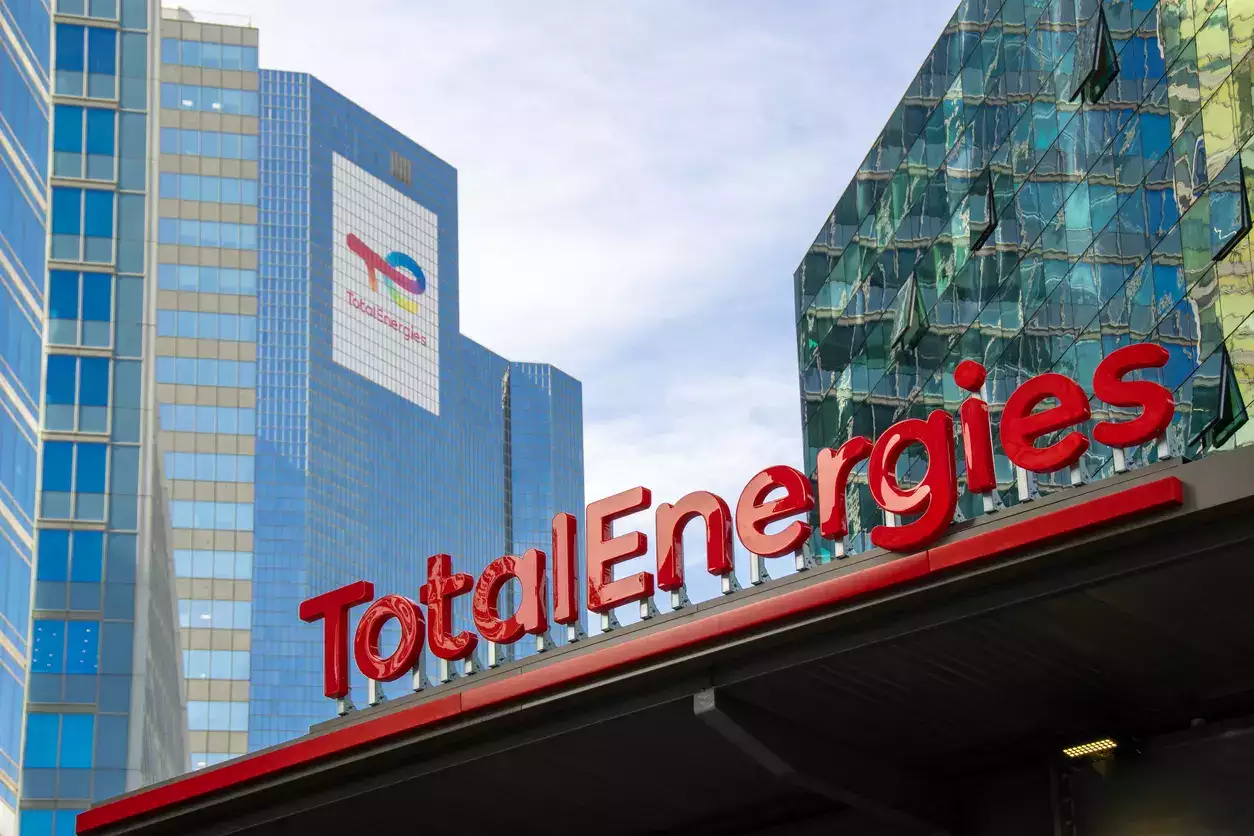Many politicians in Lebanon have placed their hopes on gas exploration for a way out of crises.
Gas exploration off the Lebanese coast is due to begin this year, French company TotalEnergies said after signing a deal with Eni and QatarEnergy that green-lighted the project
“TotalEnergies in agreement with its partners Eni and QatarEnergy has signed a firm contract with Transocean to hire the drilling rig that will drill an exploration well on Block 9 offshore Lebanon, as soon as possible in 2023,” the company said in a statement on Tuesday.
“This is a new key step in the preparation of the operations,” the group added.
The area that spans the maritime boundary currently lacks proved gas reserves, although a 2012 seismic assessment by the British company Spectrum evaluated Lebanon’s recoverable gas reserves at 25.4 trillion cubic feet.
Officials from Lebanon, however, shared greater figures.
However, analysts say Beirut, which is in a severe financial crisis, cannot rely on gas alone to bail it out. Many politicians in Lebanon have placed their hopes on gas exploration for a way out of crises.
The Lebanese government had reported in January that Qatar had formed a consortium to look for offshore gas with Eni and TotalEnergies of Italy.
Lebanese caretaker Prime Minister Najib Mikati said at the time that the deal saw the state-run QatarEnergy gain a minority 30% share in two blocks of Lebanon’s exclusive economic zone.
Under the agreement, the Qatari company joined France’sTotalEnergies and Italy’s Eni following months of talks to explore blocks 4 and 9. The other two European companies hold 35% after Russia’s Novatek gave up its minority stake last year.
This development came after a major breakthrough in the maritime borders dispute between Lebanon and Israel following United States mediation. Qatar previously welcomed US mediation in the dispute, which dates back to 2007.
Under the US-mediated deal, Lebanon and Israel cannot carry out any exploration in Block 9.
The deal is seen as a crucial step for Beirut amid its worst economic downfall in decades, enabling it to begin exploration in the disputed areas.
The years-long dispute
The resolved rift between Lebanon and Israel was triggered in 2007 when Beirut and Nicosia signed an agreement to delimit their maritime border.
Then in 2010, Israel and Cyprus signed an agreement over the same zones mentioned in the agreement signed by Lebanon and Cyprus.
Unlike Cyprus, Beirut has no diplomatic ties with Israel and refuses to normalise with the Zionist state, which previously waged deadly wars on Lebanon.
The issue then resurfaced in 2017 when Lebanon inked a gas exploration and production agreement with various companies, including France’s Total.
The French company had refused to begin operations on Block 9—situated in the disputed zone —until the maritime issue was resolved.
In 2011, then-US envoy mediator between Beirut and Tel Aviv Frederic Hof presented a compromise to former Lebanese Prime Minister Najib Mikati to give Lebanon 55% of the area and the remaining 45% to Israel.
During the same year, Lebanon issued Decree 6433 to the United Nations to claim Line 23, which does not fall on the Karish field. To date, Israel maintains that the field is in its economic zone.
Following studies by the UK Hydrographic Office and Lebanese Army, Lebanon found it can claim an additional 1,430 square km of the area, known as Line 29.
The deal over the border dispute is deemed to be crucial step in alleviating Lebanon’s suffering amid its multifaceted crisis that was made worse by the Covid-19 outbreak and 2020 Beirut blast.
The population has limited electricity access with long lines of cars stretched outside gas stations becoming a norm.







